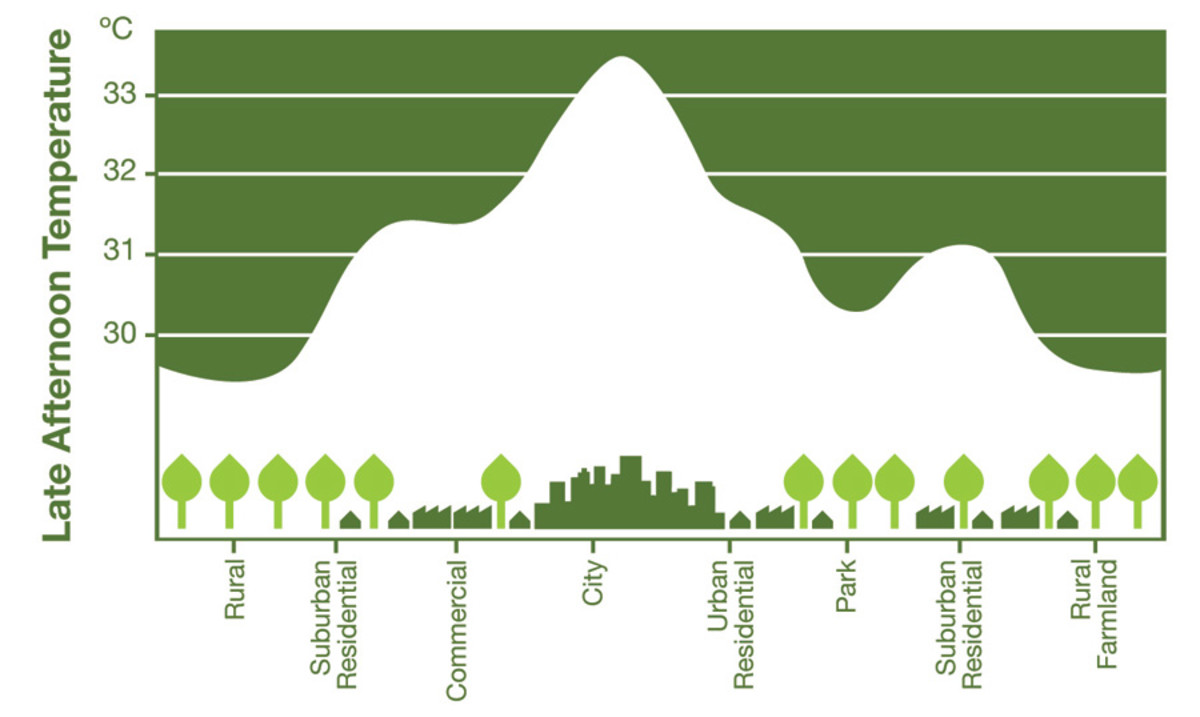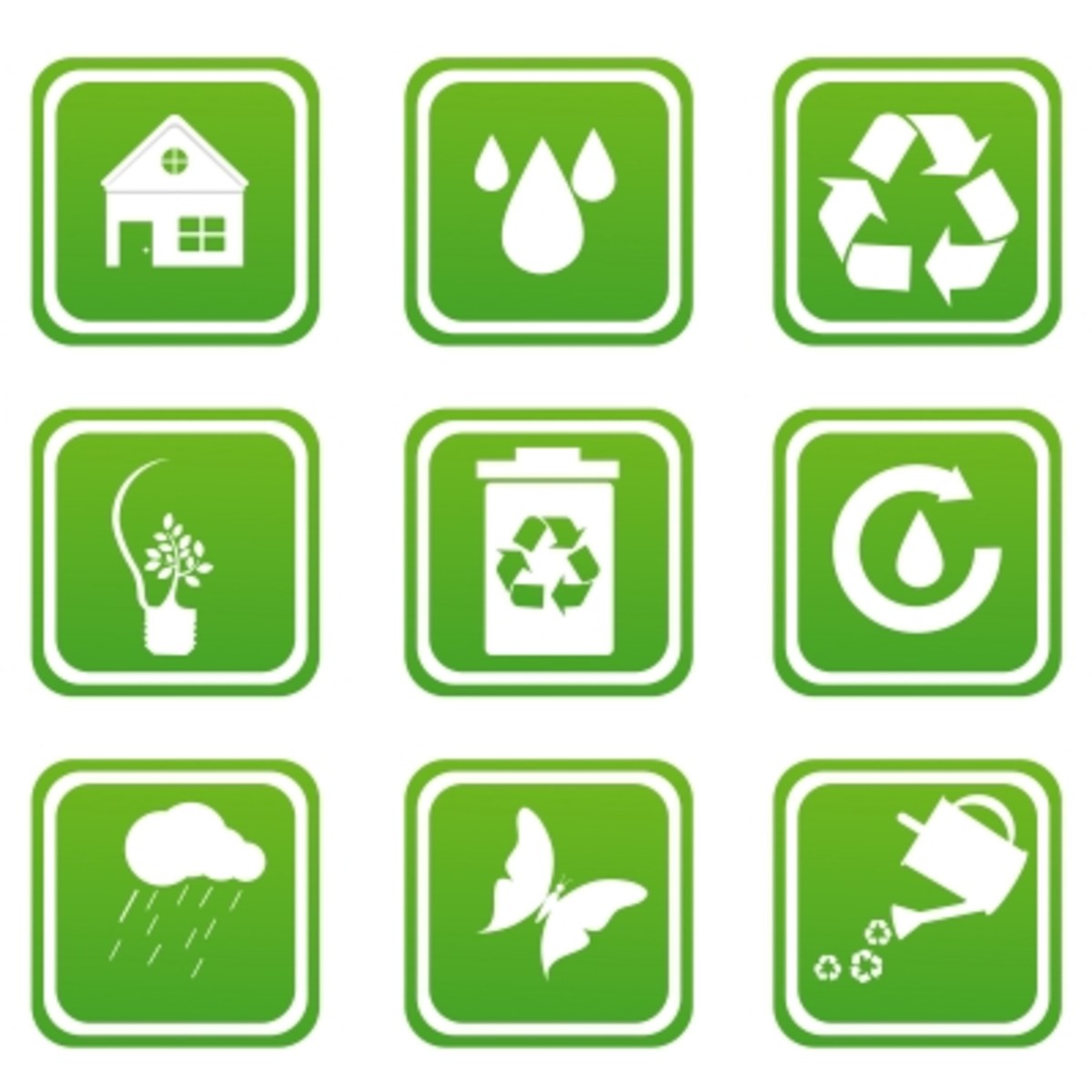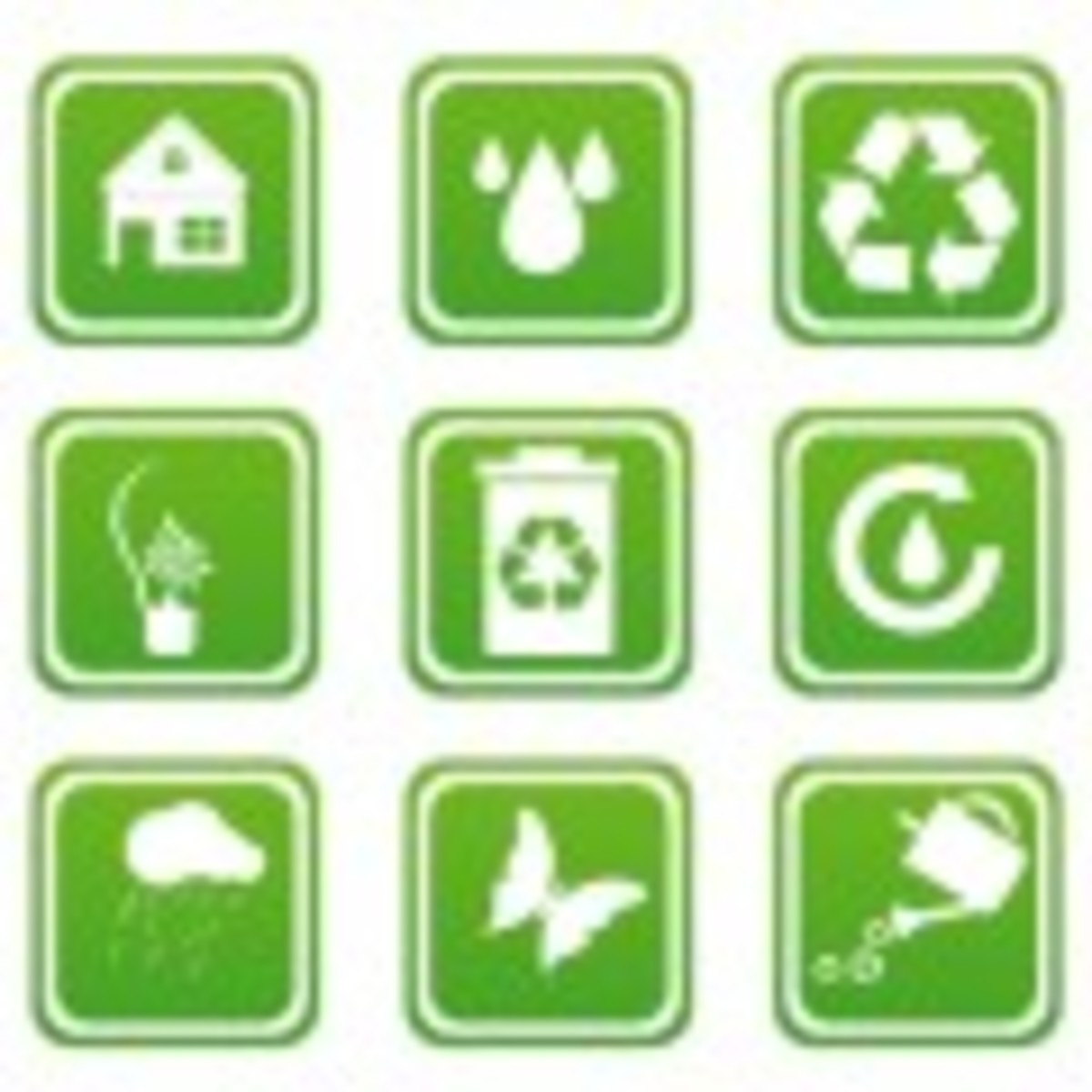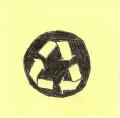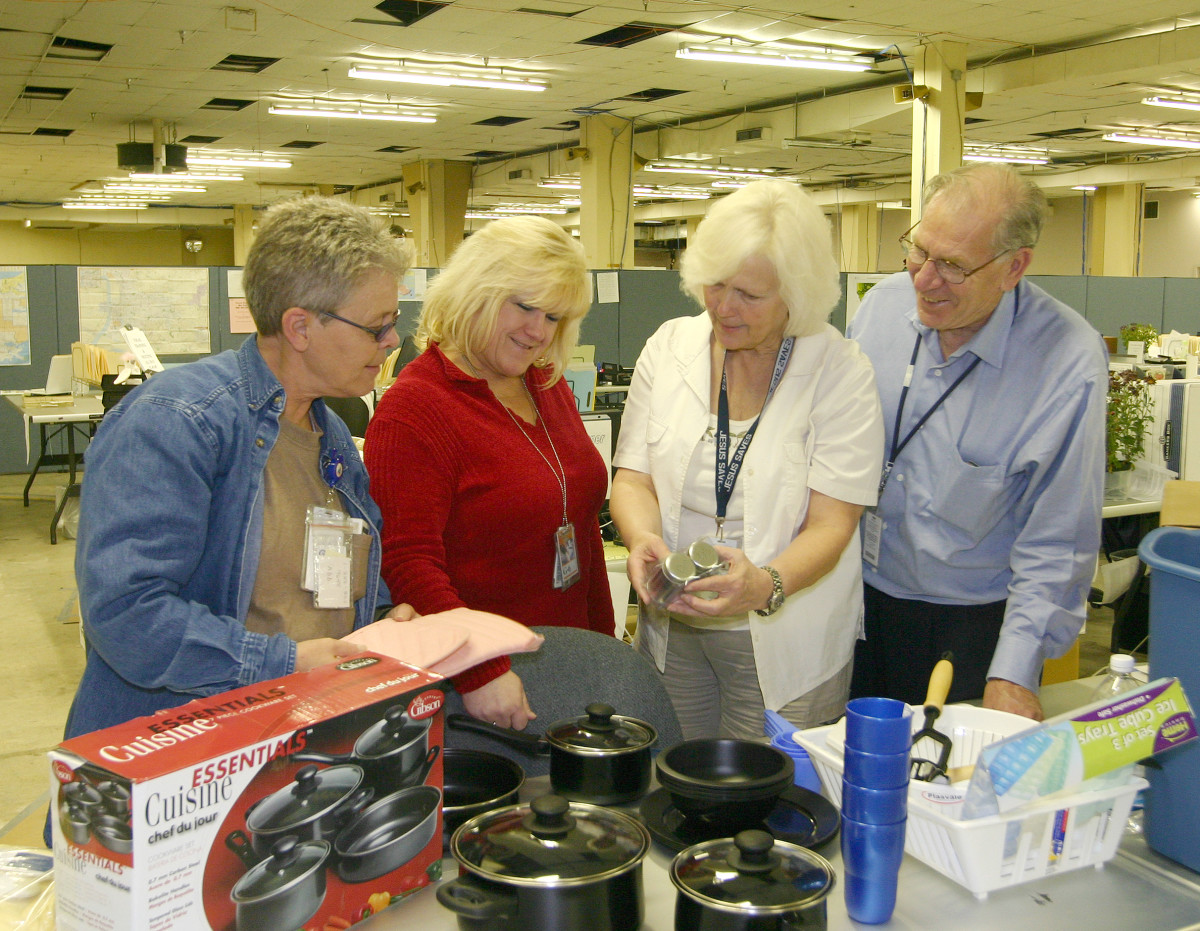10 Ways To Save Paper And Be More Environmentally Friendly

These days, most people are searching for ways to be more environmentally friendly in their lives. The question many of them wind up getting stuck on is what things should they do first to make a positive change to the environment. Often, people can be guilty of over thinking things and trying to make them more complicated than required.
Taking the first steps to being more environmentally friendly can be as simple as learning a few ways to save paper. We all know that paper starts with trees and so the less paper we waste the fewer trees will need to be cut down. When less trees are cut down that means there are more trees available to act as the lungs of this planet.
So, don't think that a small thing like learning 10 ways to save paper is anything less than being environmentally friendly.
1. Get a Library Card
Reading is always to been encouraged but just think of all those books you have bought, read and then never touched again. That is a lot of paper just sitting there collecting dust. So, why not grab yourself a library card and visit your local library before going to the book store?
While you are at it, why not go around your house and locate all those abandoned books and give them to charity? At least that way the books are getting a chance to be read again and you have done a bit to save paper.
2. Use old envelopes for scrap paper
Most of us get letters everyday the range for personal correspondence to bills. More often than not they come in envelopes that have blank or mostly blank backsides. If you are trying to be environmentally friendly then it is a shame to waste all that paper. Instead, you could be learning how to save paper and one way you could do that is to use all those old envelopes as scrap paper.
Instead of buying paper to use as scrap paper why not stack up all those old envelopes and use the backs of them to jot down notes. If you need to make a shopping list then use one of those envelopes as a way of saving paper. It makes sense and is a very easy way to start saving paper.
3. Wrap gifts in old newspaper
When you were a kid did you ever get a gift from an older relative that was wrapped in newspaper instead of gift wrap? You may have thought that was strange at the time but it turns out that wacky relative was being a pioneer in saving paper.
If you buy newspapers - even just the Sunday paper - then why not save some of the more interesting sheets to wrap gifts? The color comics pages are a particularly good choice for wrapping gifts. However, you don't have to stop there and you can really personalize the gift wrapping by thinking about what portions of the paper you are using. For example, if the person you are giving the gift to is a big sports nuts than use a page of sports scores. Maybe, their team played a big game and there is a big photo of the winning play?
Not only have you now made wrapping their gift a bit more fun but you have learned a way to save paper and become more environmentally friendly. Not to mention you are saving money by not buying wrapping paper.
4. Use both sides of the printer paper
Somewhere along the line, we have forgotten that there are two sides to a sheet of paper. With modern printers, it is pretty easy to feed a sheet of paper back into the printer so that the other side can be used too. The amount of paper that can be saved just by using this simple technique is amazing.
If you work in an office, why not implement a rule that all office memos should be printed on both sides of paper and save paper that way. It is stunning what difference such a small change can make.
5. Stop buying paper calendars
These days, there can't be many people that don't have a calender on their computer or their mobile phones. So, why keep buying multiple paper calendars that really aren't needed any longer? Email programs such as Outlook even allow you to share calendars with others which means you could be keeping track of your family's listings too without having to use the paper calender.
Okay, maybe you will have to make do without all the cute puppies or horses staring back at you from your paper calender but think of how much more environmentally friendly you will be as a result.
6. Send electronic greeting cards
Just as with calendars, computers and the internet have also brought us a way to replace all those paper greeting cards. Most people enjoying getting cards. However, once they get them they might look at them for a little bit but then they either get thrown away or end up collecting dust.
So, why not switch over to sending electronic greetings cards? All but your oldest of relatives will have email and appreciate getting a personalized electronic card. You will know that you have been able to save paper while still letting them know they were in your thoughts.
7. Read your newspaper online
Nearly every large newspaper in the Western world now has an online version. Can you imagine the large scale ability to save paper that would come from switching to reading the online version of a paper instead of buying the paper copy everyday.
If you are worried about not having anything to read on the train into work then why not pull up the online newspaper on your iPhone or Ipad?
8. Recycle Christmas Cards
Even if you do switch to giving out electronic greeting cards, the chances are that you are still going to get a big pile of Christmas cards through your door each year. You can feel less guilty about the use of the paper required to make the cards if you learn how to recycle Christmas cards.
There are any number of ways you could use old Christmas cards for craft projects. So, rather than just throwing away this year's Christmas cards, why not learn how to recycle them into something new and save paper at the same time.
9. Think twice about printing out
How many times have you printed something out and then thought that you didn't really need to do it? If you print out a recipe, for example, do you really need to print it out or could you bring your laptop into the kitchen and read it off the screen?
Even if you do need to actually print something out there are still ways that you can do the environmentally friendly thing and save paper. When you go to print out a document, the printer set up will give you the option of printing all possible pages or just a selected range. If you only need one page of the document alter the settings so you are only printing that individual page. That way, you haven't wasted the paper required to print out all the unnecessary pages.
10. Buy used textbooks
If you are at college then you know that buying used textbooks can be a cheaper option. However, if can also be the environmentally friendly thing to do too. Rather than buying a new textbook simply because it is new and unmarked, why not save paper and buy a pre-loved copy. After all, it is all the same information but just without the guilt of a few trees having to been cut down for it to be made.


